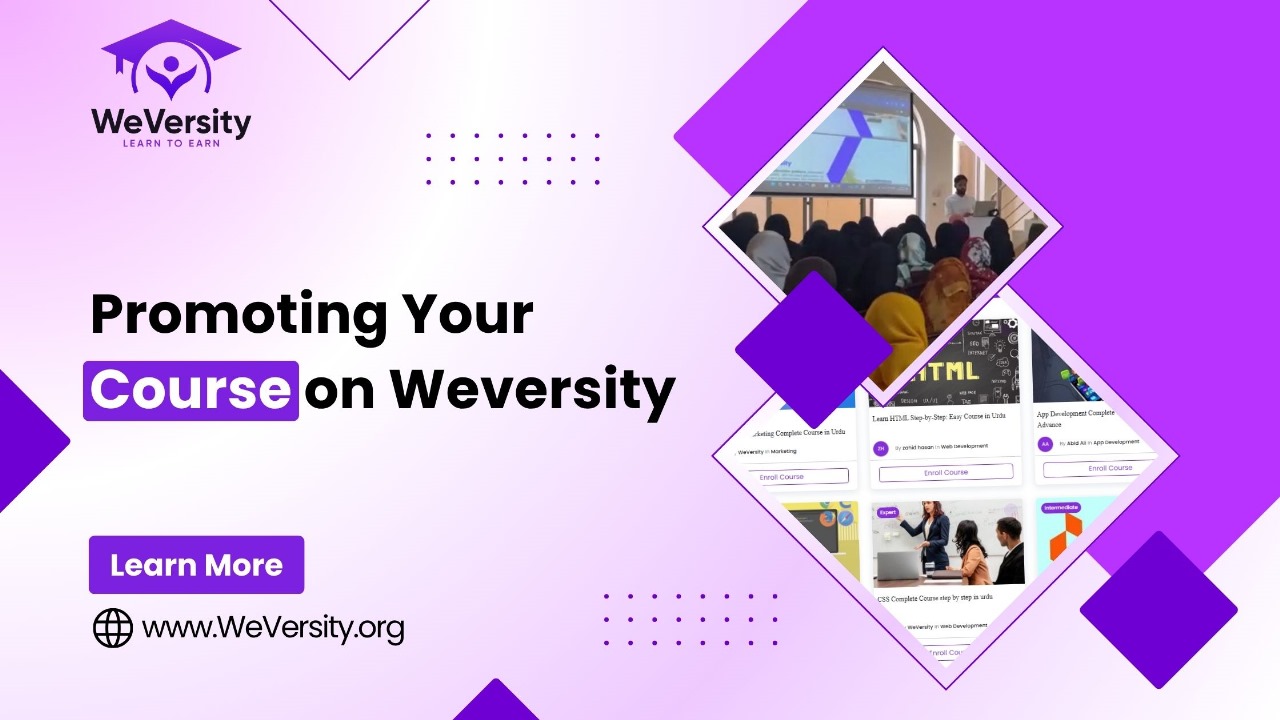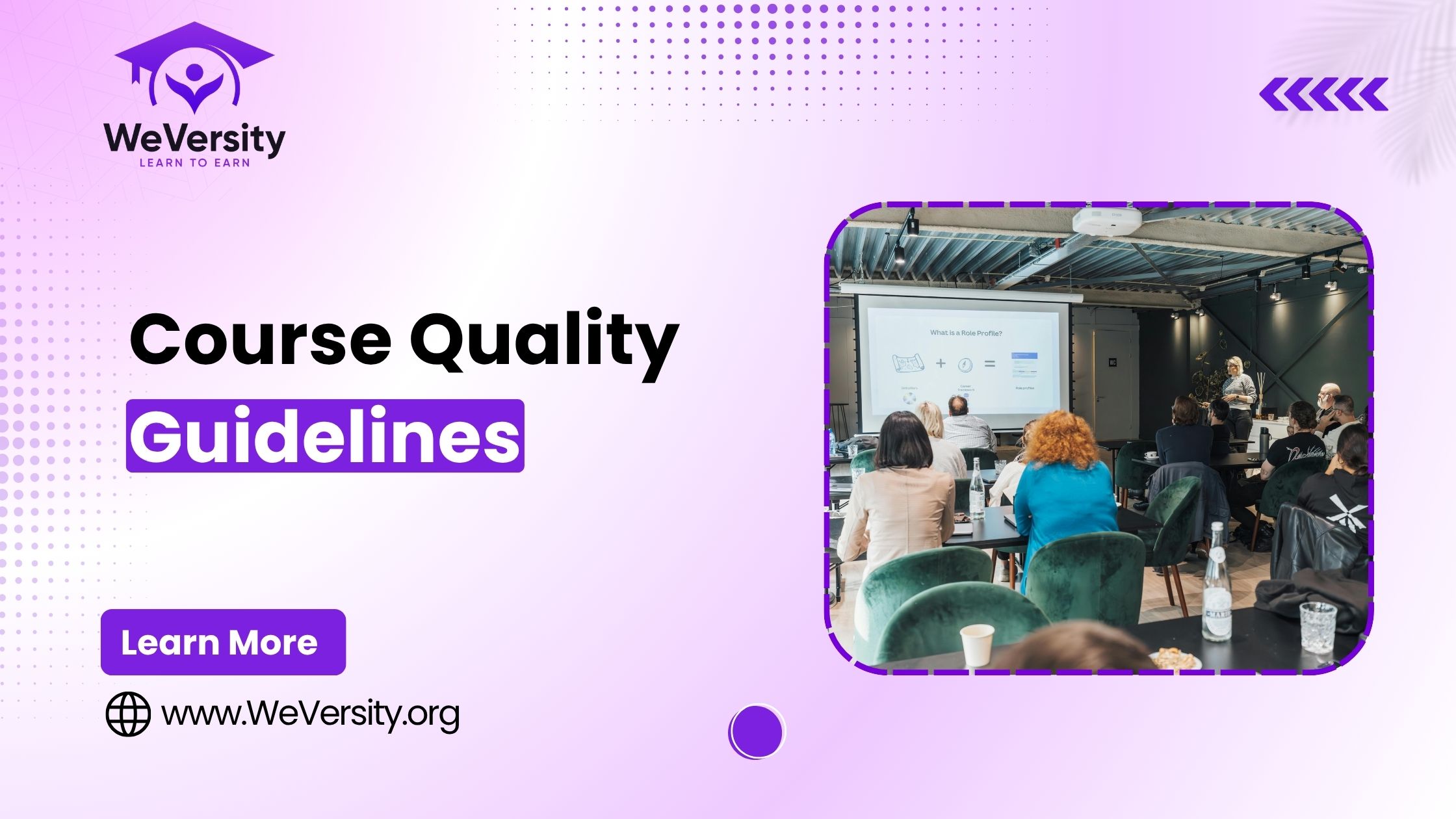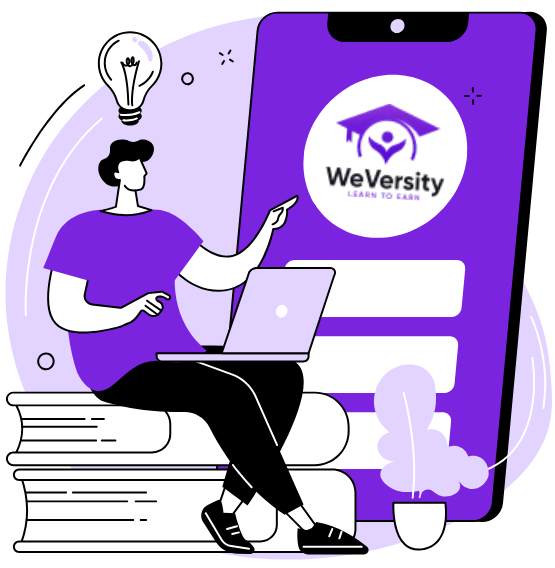The traditional path of acquiring a college degree as the primary gateway to a successful career is being redefined. In an era driven by innovation, rapid technological advancement, and shifting job market demands, skill-based education and alternative credentials are emerging as the new norm. Institutions, educators, and employers alike are embracing this shift, focusing less on formal degrees and more on demonstrable, job-ready skills. This transformation is not just a trend; it represents a fundamental reimagining of how we learn, work, and grow professionally.
What is Skill-Based Education?
Skill-based education prioritizes the development of practical, career-relevant abilities over theoretical knowledge. This form of education centers around competencies such as coding, digital marketing, graphic design, project management, data analytics, and other industry-specific skills. Unlike traditional education, which often takes years to complete, skill-based learning is typically modular, hands-on, and fast-tracked for real-world application.
The Growing Demand for Alternative Credentials
Alternative credentials include certifications, digital badges, micro-credentials, and bootcamps that validate a learner’s proficiency in specific skills. These credentials are gaining credibility among employers who value what candidates can do over where they studied. Many leading organizations, including Google, IBM, and Amazon, have launched their own certificate programs to close skill gaps in the workforce.
In 2025, platforms like WeVersity.org are playing a critical role in making these credentials accessible, affordable, and practical. Through an innovative online model, WeVersity.org offers free and low-cost skill-based courses, mentorship opportunities, and certified internships designed to prepare learners for today’s dynamic job market.
Why Skill-Based Education is on the Rise in 2025
Several powerful forces are propelling this shift:
- Rapid Technological Change: Automation, AI, and digital transformation are reshaping job roles and requiring new, specialized skills that traditional curriculums often fail to address.
- High Cost of Traditional Education: The soaring cost of college tuition and student debt is prompting learners to seek more affordable, efficient routes to employment.
- Changing Employer Expectations: Companies are placing greater emphasis on problem-solving abilities, portfolio work, and relevant project experience rather than academic transcripts.
- Access to Online Learning: The growth of edtech platforms allows learners anywhere in the world to build skills on demand, at their own pace.
- Pandemic Legacy: COVID-19 permanently shifted perspectives on remote work and online learning, creating long-term demand for flexible education models.
Skill-Based Education vs. Traditional Education
|
Feature
|
Skill-Based Education
|
Traditional Education
|
|
Duration
|
Short (weeks to months)
|
Long (2-4+ years)
|
|
Cost
|
Low or free
|
High tuition and fees
|
|
Flexibility
|
Online, self-paced
|
Fixed schedules
|
|
Outcome
|
Job-ready skills, certifications
|
Degrees, theoretical knowledge
|
|
Accessibility
|
Global, on-demand
|
Location-restricted
|
While traditional education offers depth and breadth, it is often slow to adapt to market trends. Skill-based education offers agility, relevance, and faster time-to-value.
The Role of Micro-Credentials and Digital Badges
Micro-credentials and digital badges allow learners to showcase their abilities in specific areas without committing to full degree programs. These credentials can be stacked to demonstrate mastery across multiple domains. For example, a learner can earn badges in Python programming, data visualization, and machine learning separately—each recognized by employers and institutions.
WeVersity.org is incorporating micro-credentialing into its system, helping learners build portable, verifiable skill records that can be shared with potential employers on platforms like LinkedIn or personal portfolios.
Employers and the Shift Toward Skills-Based Hiring
Companies are changing how they recruit and evaluate talent. Instead of requiring degrees, many are adopting skills-based hiring practices. This approach emphasizes assessments, real-world tasks, and portfolio reviews over academic qualifications.
Tech giants like Google, Microsoft, and Tesla have publicly acknowledged that degrees are no longer mandatory for many positions. What matters is whether the candidate can do the job. This mindset is a boon for learners from platforms like WeVersity.org, who can demonstrate real capabilities through projects and certifications.
Challenges to Widespread Adoption
Despite its promise, skill-based education faces challenges:
- Recognition Issues: Some employers still prioritize degrees over certifications.
- Quality Control: Not all online courses maintain high standards.
- Digital Divide: Access to stable internet and devices remains a barrier for many learners.
- Over-Saturation: The proliferation of courses can make it hard to choose credible platforms.
Organizations like WeVersity.org are addressing these issues through strong partnerships, verified certifications, and community outreach to ensure equitable access.
How WeVersity.org is Pioneering the Future of Education?
WeVersity.org is a non-profit educational platform dedicated to bridging the skill gap through accessible online training and internship opportunities. It stands out by integrating value-based learning with professional development, helping individuals not only gain skills but also grow as responsible, ethical professionals.
If you are ready to Unlock Your Future with Real-World Skills. Join Weversity.org today and start learning the skills that employers value. With our affordable, flexible, and certification-backed courses, you can gain the confidence to succeed—no degree required.
Don’t wait—your career transformation begins now.
Visit: Weversity.org and enroll for free to start building your future, one skill at a time!
Conclusion
The rise of skill-based education and alternative credentials marks a pivotal shift in how we prepare for the future. Platforms like WeVersity.org are leading this revolution by making skill development accessible, meaningful, and integrated with ethical values. In a world that rewards adaptability and expertise, this new approach empowers learners to build not just resumes, but lives of impact and purpose.




